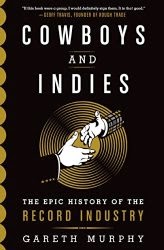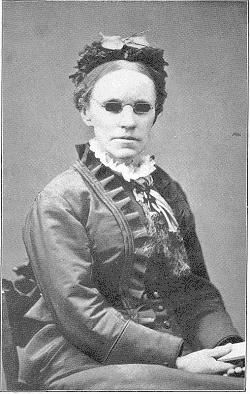Franz Liszt, an early progenitor of Music History Playlists?

Franz Liszt was one of the most prolific and inspirational composers of the Romantic era, even arguably one of the most impressive musical figureheads of all time. He was not only a composer, and one who created a genre (the symphonic poem), but a piano virtuoso, educator, a socio-political donor, and a patron for the arts. The Romantic era gave way to new opportunities for musicians to make a living outside of being staffed by a royalty or nobles, and Liszt, while not alone, was at the forefront of this.
Much could be said about Liszt’s writing, wizard-like piano playing, teaching, and socio-political awareness, but for today we’ll focus on his affinity for supporting his peers and fellow composers, and his love and admiration for his teachers and predecessors.
A child prodigy and son of a successful cellist, he was afforded more privileges than most. This doesn’t take away from his mastery of the piano and composition, but it’s important to realize if we’re going to decipher the relationships he had with his peers.
As Liszt came into his own as a composer and a popular “rock star” touring throughout Europe, he developed entrepreneurial skills, and started publishing songbooks, not only of his own works, but of other “up and coming artists”, and of his peers who were well-known among academics but maybe not by the general public. He created compilation collections of music, showcasing newer composers, and using his popularity as a service to his peers and community. It’s very easy to imagine that many excellent emotion-grabbing works were composed around this time that were never discovered – maybe partially due to the composer’s lack of means or even a self-inflicted lack of self-promotion.
Liszt made sure that those who inspired him in his formative years were not forgotten. Many of his compositions consisted of variations on themes of Bach and Beethoven, and his letters and other writings spoke to their greatness, and even profound respect for his contemporaries.
In his later years (1884-1886), Liszt also held large “group lessons” (these kinds of lessons are now referred to as a “Master Class”) where he shared his insatiable desire for practicing and taught advanced performance skills to many hungry students.
Why This Matters
Whether you follow an artist or influencers’ Spotify playlist, are checking your mailbox for the latest NOW That’s What I Call Music CD, or you’re an indie DIY band who has been offered a chance to appear on an album with your peers, it’s no secret that throughout history, compilations have had a positive effect on everyone involved.
We all look to our influencers, past and present, with respect and awe, and we know it’s important to remember where we came from musically. A simple YouTube video master-class “play-through” of your favorite guitarist may inspire you the same way students were inspired by Liszt’s original master-class.
A composer never stops drawing influence from everything that passes into their ear canals so it’s important to pay close attention to your predecessors, and just like everything else in life – networking is everything! Never miss an opportunity to be a part of a musical compilation, playlist, or even a jam session of your peers, especially if it’s for a good cause. You’ll feel good you supported it, and it’s some of the best publicity you can receive!
Have a great week!

If you liked this article, please share it on your Facebook, Twitter, LinkedIn, or Email. It really helps more musicians, artists, and creatives find out how Music History Matters to them and their artistic pursuits. Thanks for reading! For more posts like this one, go to http://www.MusicHistoryMatters.org
If you didn’t like this article, and from your musicological viewpoint think this so much dribble, you’re likely right. Just realize we mainly write this for non-musicologists. Move along, this isn’t the scholarly writing you’re looking for…








 It’s easy when you’re an artistic person, whether you’re a music composer, author, singer, painter, or anyone creative…sometimes you just feel tired of beating your head against the same wall.
It’s easy when you’re an artistic person, whether you’re a music composer, author, singer, painter, or anyone creative…sometimes you just feel tired of beating your head against the same wall.